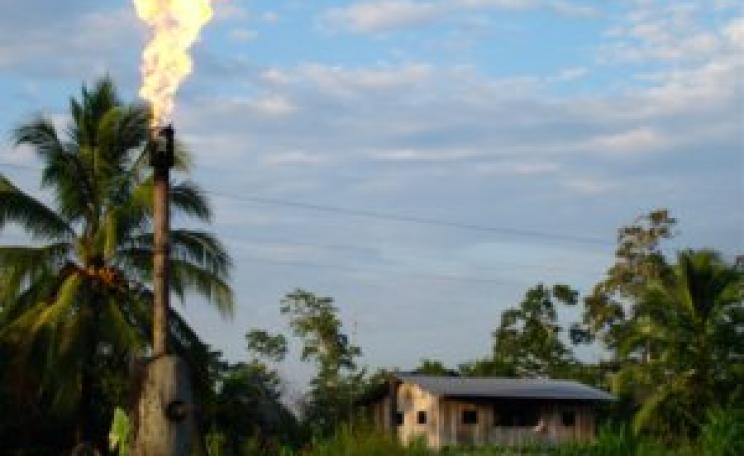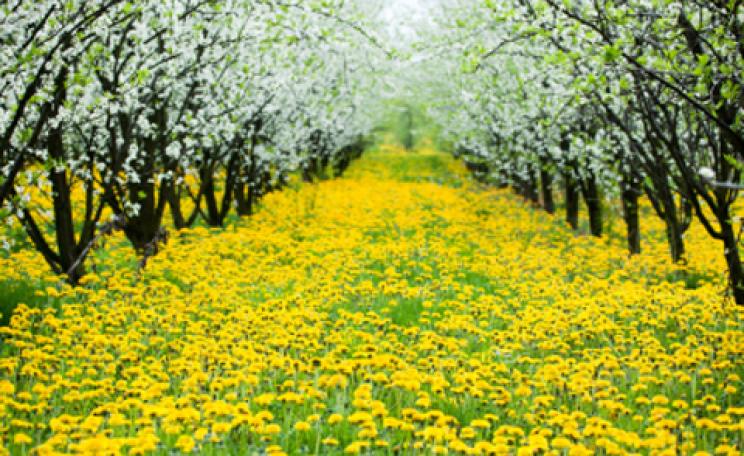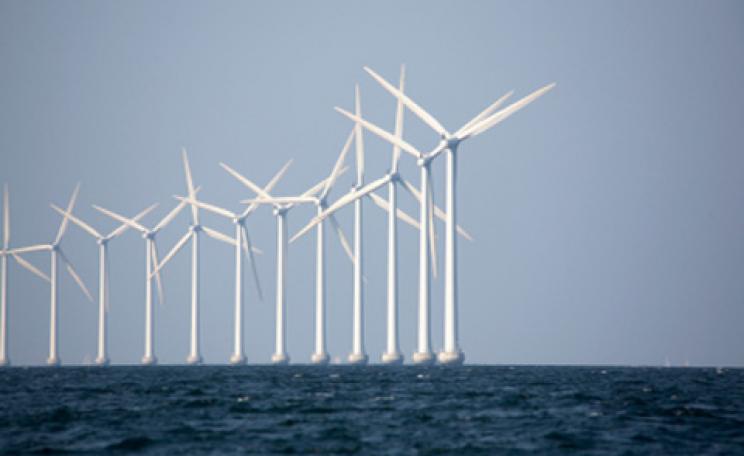What's your most successful campaign to date?
We managed to get a huge area of Indian lands recognised, over 25 million hectares, that's about the size of the United Kingdom. I would say that's the biggest. In one way or another we have about 82 per cent of the Colombian Amazon protected.
What has been your least successful campaign?
Well at one stage we pushed for local governance for indigenous people, we pushed for 10 years between 1990 and 2000 and we wanted to get the government to recognise indigenous governance, we found that a bit difficult. We began campaigning in towns with local people, we invested two years in that, and that did not work well. In the town people weren't that keen to support indigenous land rights. In the end we took the government to court and got them to recognise indigenous governments and to share a platform. So we got to where we wanted to go, but we didn't get there through engagement with local people in towns.
What could the Colombian government do to aid your campaign?
Mining is a big threat. In the last two years there have been about 2,000 requests for mining titles in the Amazon. The previous government was going forward with this in a rather chaotic way, the current government is thinking twice about it, giving thought to the Amazon and its biodiversity. They have been interested in setting up what they call a ‘security zone' in the Amazon, until the proper studies have been done, both from an environmental point of view, cultural point of view, and the point of view of both mining and externalities. The other campaign we are pushing for is that the local indigenous governments achieve higher recognition so they can operate fully as municipalities. We have come quite far in this, but we still need to push a bit further.
What's been the most important development during your time campaigning for indigenous rights?
When I first arrived they were slaves, they had no rights, they were treated as objects working for the rubber camps, they were humiliated, most in the rubber industry denied their culture. Now they have their own land, self-governance, they have self-confidence and they feel they can sit down and negotiate with the government on equal terms. I would say that is the most important development in my time.
What are the remaining big goals you have moving forward?
One of our big goals going forward relates to the necessary studies in the security zone. We want to do this with indigenous communities so they can set up their own territorial ordering and can see what needs to be done where. The second point is to get, I said we have 25 million hectares, with 50 per cent covered by indigenous local governance, but it still has to be spread to the other 50 per cent. The third one is working cross border. We have already started this eight years ago with Brazil, in the north west Amazon there is a corridor of about 70 million hectares which belongs to indigenous peoples and to parks. We want to get this run by local people and to protect it because north west part of the Amazon basin is the most resilient part according to climate change models. It is where the clouds accumulate and where there's greatest humidity. The two governments have already signed an agreement to protect cultures, now once you get into protecting cultures you move also to protecting rainforests.
Is it important to work with or against governments?
I'm always in favour of working with, but obviously when things don't work we have to resist. Ultimately the final act will be by the government, they have to approve the different policies for the Amazon. Obviously if you get a government that is not respecting constitutional rights or is not respecting the culture that's different. Colombia is considered - since 1992 - a multi ethnic, plural culture country, so if they are not respecting this diversity you have to put pressure on and campaign.
Do you try and work with or against corporations?
When it comes to companies, you find some companies are more open depending on what their work is. They are getting more and more involved in the Amazon, so I think we have to sit down and talk with them, even the mining people. We can talk, that doesn't mean we're going to agree, but we can listen and try and understand each other and see what can be done. I find that fighting, just on its own does not get you very far, not very far at all.
What specific tactics do you employ in your campaigning?
My work can be called a campaign I agree with you, but it's more been continuous work for rights for those who live in the Amazon. When the president said he wanted to support indigenous rights, we launched a campaign - a positive campaign. When you see the government doing the right thing, we wrote and lot of letters, congratulating them and encouraging them to go further. I feel this has been very successful more than just fighting because they just shut the door and say ‘well that's enough of that'.
How have you managed to stay motivated for the last 40 years?
I guess it's a question, a little bit of luck. I spent time at the start of my career living with the communities and that really motivated me. I was lucky enough to have to opportunity to meet the president, and he fully supported us. Then setting up the NGO you just get caught up in it. We have managed to overcome the obstacles and it's the satisfaction that helps keep you going.
| READ MORE... | |
 |
HOW TO MAKE A DIFFERENCE TAKE ACTION to save Indonesia's indigenous peoples in the Kalmantan Forest The Dayak Benua community of Muara Tae, Indonesia, are fighting to protect their ancestral forests from a mining company. The London-based Environmental Investigation Agency has now launched a campaign to assist |
 |
NEWS ANALYSIS Tainted gold: thousands join protest against Peru's largest ever mining project A US-backed billion-dollar gold mine has attracted thousands of protestors in recent weeks. Many have the poor economic legacy of existing mines fresh in their minds, reports Gervase Pouldon in Cajamarca, Peru |
 |
INVESTIGATION Do indigenous peoples hold the key to tackling global hunger? Competition for land, water and energy are increasing, exacerbated by climate change and a growing population. But why does the Food and Agriculture Organisation now believe indigenous people could provide a solution? Peter Giovannini investigates |
 |
HOW TO MAKE A DIFFERENCE Using the law to protect the environment Investigation into the dangers faced by lawyers who champion human rights and environmental justice. |
 |
NEWS Oil companies Perenco, Repsol-YPF and ConocoPhillips under fire over Peruvian tribes Activists call for corporations to withdraw from Amazon area because of disease and violence fears |








